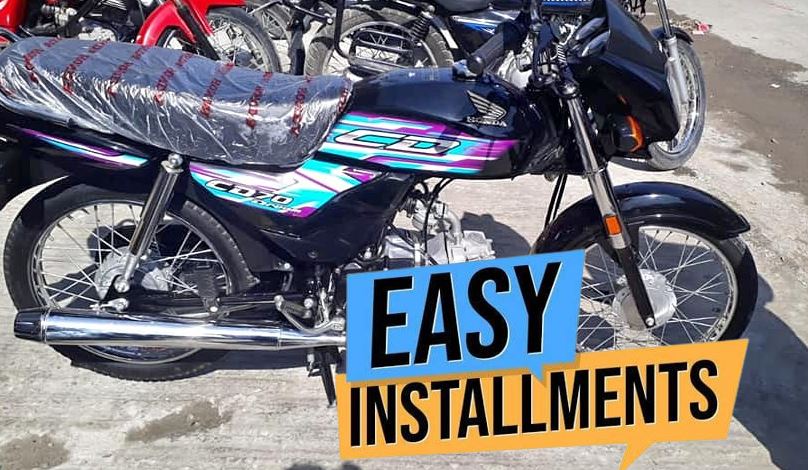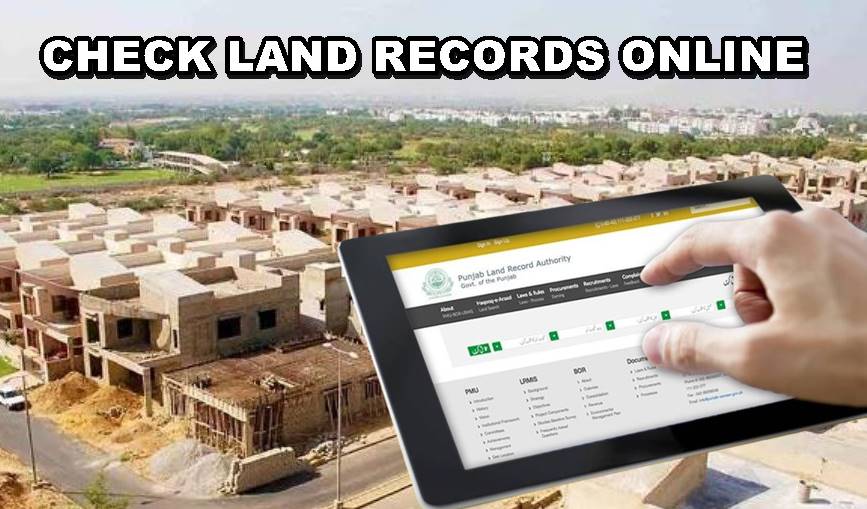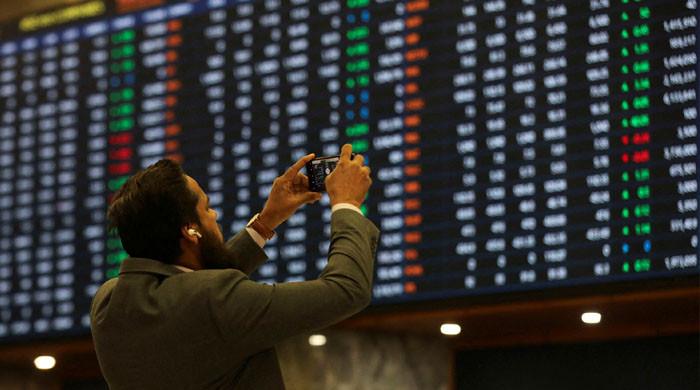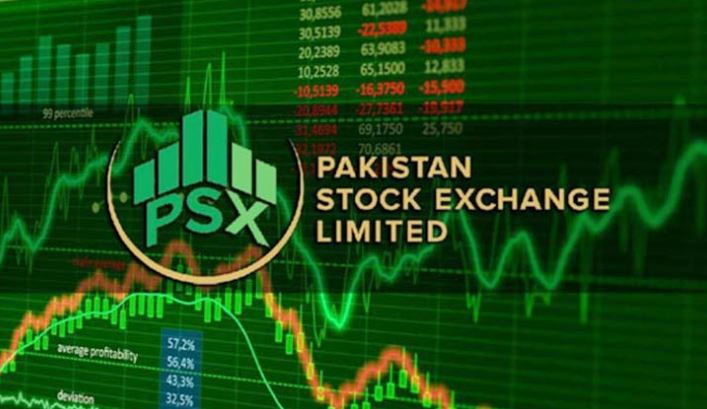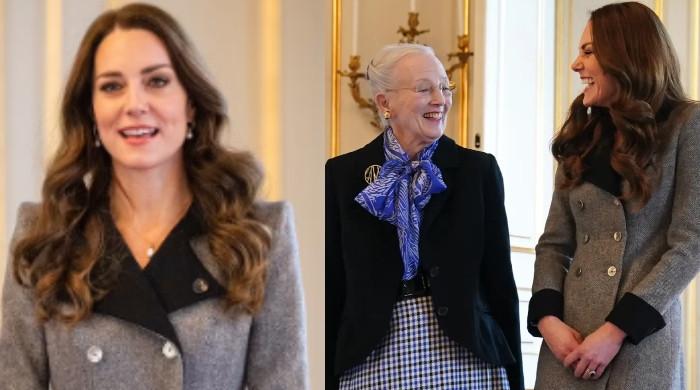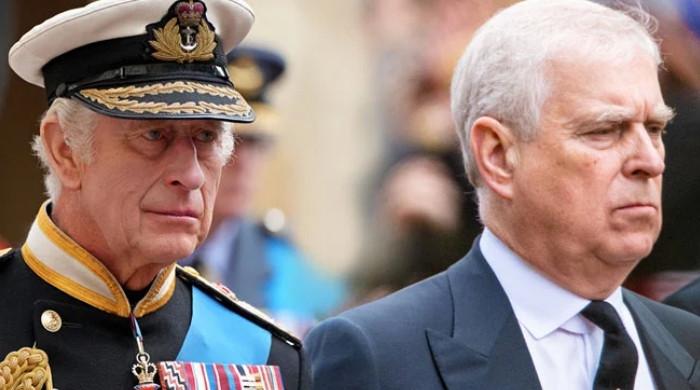KARACHI:
Islamic finance is the area of finance that complies with Shariah guidelines and the Islamic commercial law while avoiding transactions involving interest, speculation, gambling and artificial financial instruments.
Generally, when we refer to Islamic finance, our focus is on the commercial aspect of finance that includes Islamic banking, Islamic insurance, Shariah-compliant mutual funds and Sukuk. According to the London Stock Exchange Group reports, the size of Islamic commercial finance has surpassed $4.5 trillion globally and it is expected to reach $6.6 trillion by 2027.
However, the domain of Islamic finance also includes Islamic social finance, an integral area that not only broadens the reach of Islamic finance to almost all Muslims but also has the potential to contribute at the global level towards sustainable growth and economic development of society.
Islamic social finance is a multifaceted approach that blends Islamic finance principles with a focus on principles of justice, equity, social responsibility and community welfare. It aims to address socio-economic inequalities, promote sustainable development and foster community cohesion.
This unique financial framework aligns with Islamic ethics and values, offering an alternative to conventional finance systems. In essence, Islamic social finance seeks to create financial instruments that not only comply with the Shariah law but also address social issues by integrating ethical and moral considerations into financial practices and seeks to create a more inclusive and equitable society.
At the heart of Islamic social finance is the principle of Shariah compliance. Islamic law prohibits activities involving interest, speculation, deception, gambling and unethical investments while emphasising ethical and equitable financial dealings. This foundation shapes Islamic finance as a whole, and in the realm of social finance, it guides the development of instruments that prioritise societal well-being.
During the last 1,450 years of Islamic history, the areas of Islamic social finance have played a pivotal role in not only supporting Muslim societies in times of need but also supporting economic development and sustainable growth.
Islamic social finance instruments primarily include Zakat (obligatory almsgiving), Sadaqah (voluntary charity), Waqf (endowment and trusts) and Qarz al-Hasan (benevolent interest-free loans) while innovative developments in the area now also cover Islamic microfinance, Social Sukuk, socially responsible investment and Islamic crowdfunding and ethical investments. The above-mentioned instruments, if used properly, can provide much-needed stimulus and support to the economy.
Read: Developing an Islamic finance benchmark
Islamic social finance can directly contribute to wealth distribution to the lower segment of society to reduce poverty, enhance social welfare and broaden the safety net for the needy, channel support to welfare institutions in the area of education, health and public welfare, create growth and employment opportunities for small entrepreneurs and startups, help in disaster recovery and rehabilitation, encourage ethical investments and support sustainable community development.
Let us look briefly at some of the main instruments of Islamic social finance and their potential in the economy.
Zakat is one of the main components of Islamic social finance. It is an obligatory form of almsgiving in Islam. Rich Muslims are required to donate annually a portion of their wealth (usually 2.5%) to support the less fortunate, thus fostering social solidarity.
Zakat serves as a redistributive mechanism, helping to reduce wealth inequality and alleviate poverty within Muslim communities. With a global Muslim population of 1.8 billion, the global estimates for Zakat range from $200 billion to $1 trillion. While for Pakistan, the estimated potential is over Rs2.7 trillion. A correct and transparent transfer of this amount to the poor and needy can bring an economic revolution in Muslim societies.
Sadaqah refers to the voluntary charitable giving beyond the obligatory Zakat. Muslims are encouraged to give charity as a means of seeking spiritual rewards and helping others.
Although Zakat has specific guidelines, Sadaqah is more flexible and can be directed towards a wider range of charitable activities, including education, healthcare, employment generation and infrastructure development.
The concept of Sadaqah is found in all Muslim societies and when compared to taxation, people happily and willingly donate for good causes and to support others. Particularly, in the month of Ramazan and on Eid festivals, we see an increased level of charity towards the poor in various forms.
A portion of this charity is also directed towards welfare organisations that are contributing to social well-being by reducing the burden of the government. Waqf or endowment involves the permanent dedication of assets, such as land, buildings or financial resources, for specific charitable or religious purposes. The income generated from Waqf assets is used to support various social, educational or religious initiatives.
Throughout Islamic history, Waqf establishments have held pivotal positions, offering societal benefits such as education and healthcare, essential public infrastructure like roads, bridges and shelters, vital utilities such as water and sanitation services, religious amenities including the construction and upkeep of mosques and burial grounds, aid for the impoverished, orphans and the less fortunate, fostering employment opportunities, and bolstering the agricultural and industrial sectors, all without burdening governmental resources. A World Bank report estimated the global Waqf assets at over $700 billion.
The Waqf assets, if utilised efficiently and provided corporate governance framework, can contribute significantly to public welfare and economic growth.
Islamic microfinance, another crucial aspect of Islamic social finance, empowers small entrepreneurs and low-income individuals by normally providing them with interest-free loans or equity-based and trade-based financing. This approach aligns with Islamic finance principles by avoiding the burden of interest payments on borrowers. Social Sukuk is a notable development. Sukuk are investment vehicles that are linked to real assets, projects or real trade transactions.
Social Sukuk provides opportunities for investors to invest in impact-creating ventures while providing funding according to Islamic finance rules for projects with societal benefits, such as affordable housing, renewable energy or healthcare facilities.
In conclusion, Islamic social finance is a dynamic intersection of Islamic finance principles and social responsibility. To promote wider adoption, it is essential to create awareness among both Muslims and non-Muslims about its principles and benefits. Education and outreach programmes can dispel misconceptions and highlight the positive impact of ethical and socially responsible financial practices.
As the global financial landscape continues to evolve, Islamic social finance serves as a testament to the compatibility of ethical finance with sustainable development goals.
Ahmed Ali Siddiqui is the Director of IBA-CEIF and Syed Hassaan Ali is an analyst at a leading Islamic bank
Published in The Express Tribune, March 18th, 2024
Like Business on Facebook, follow @TribuneBiz on Twitter to receive all updates on all on our daily pieces.
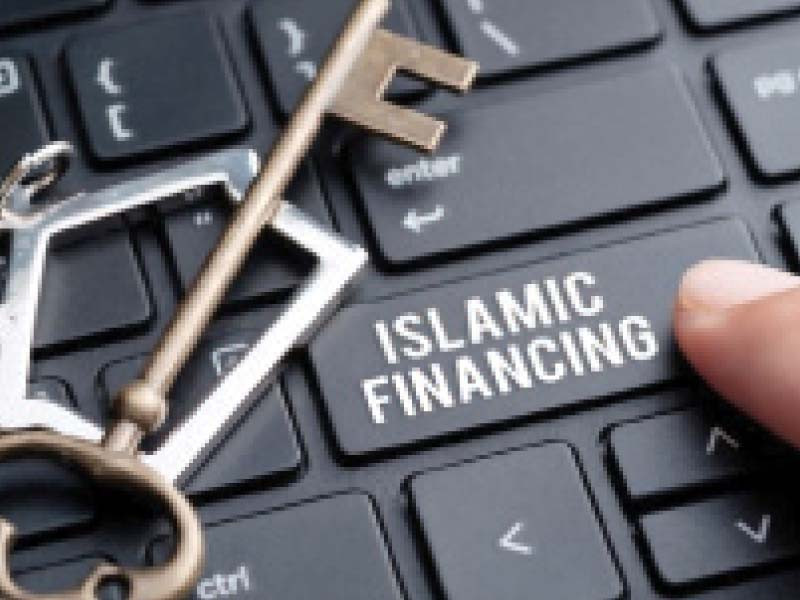

 Technology6 مہینے ago
Technology6 مہینے ago
 Pakistan7 مہینے ago
Pakistan7 مہینے ago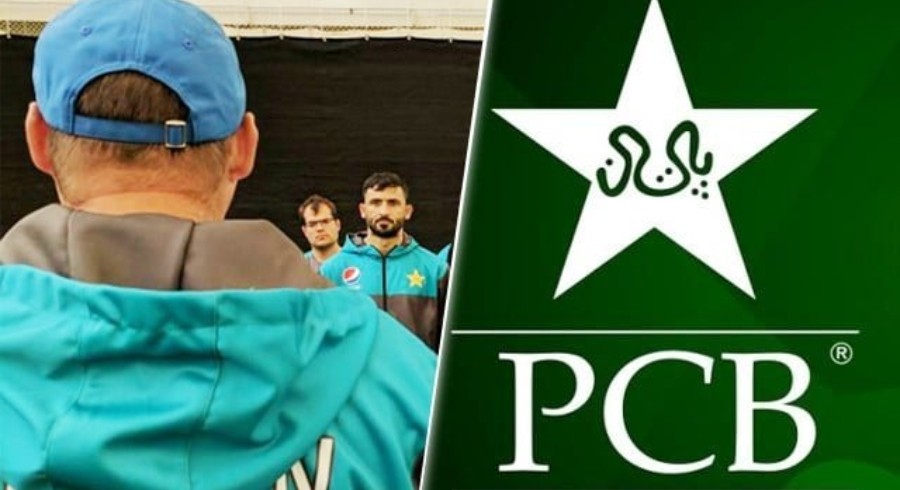
 Sports6 مہینے ago
Sports6 مہینے ago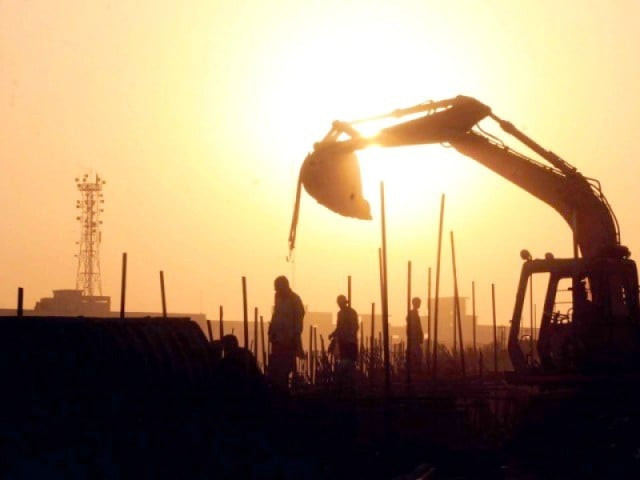
 Pakistan6 مہینے ago
Pakistan6 مہینے ago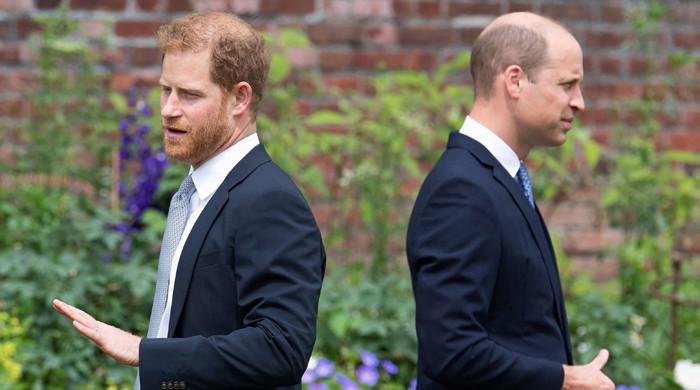
 Entertainment6 مہینے ago
Entertainment6 مہینے ago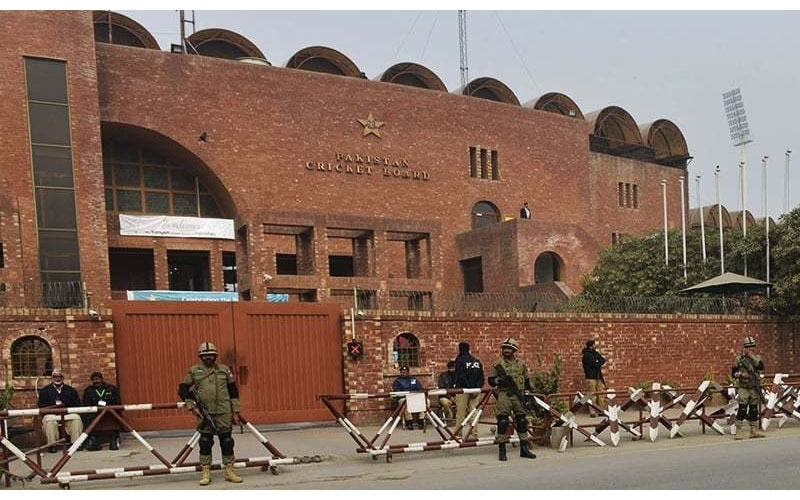
 Sports5 مہینے ago
Sports5 مہینے ago
 Pakistan7 مہینے ago
Pakistan7 مہینے ago
 Entertainment6 مہینے ago
Entertainment6 مہینے ago
